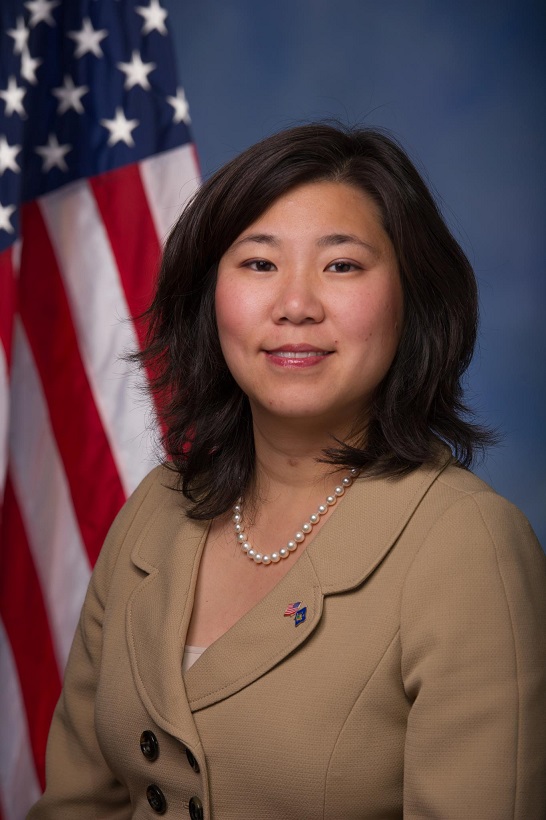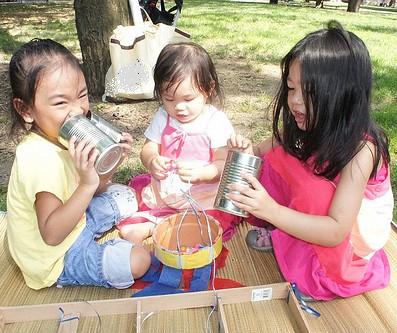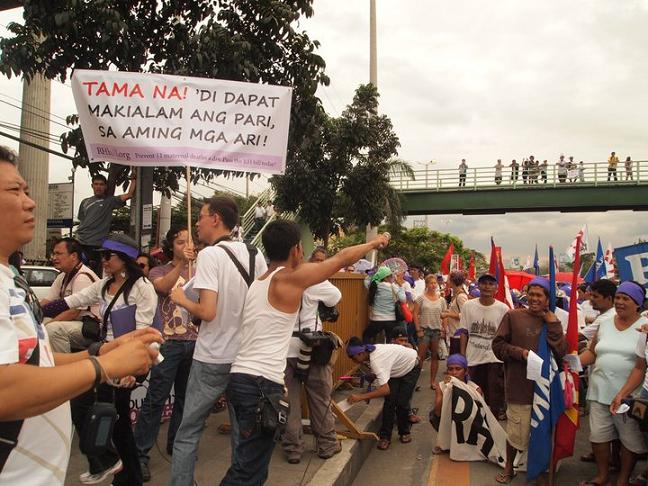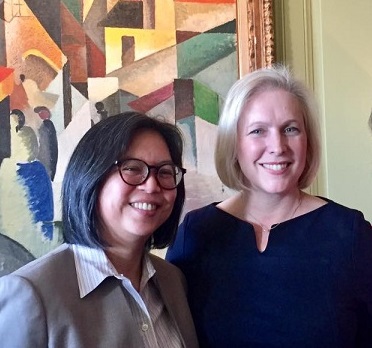AAPI museum bill passes House unanimously, heads to Senate

The House of Representatives passed on April 27 a bill seeking to create a national museum dedicated to preserving the history, culture, and accomplishments of Asian Pacific Americans.
The bipartisan legislation, sponsored by U.S. Rep. Grace Meng (D-NY) and passed unanimously by voice vote, is now with the U.S. Senate.
Entitled the “Commission to Study the Potential Creation of a National Museum of Asian Pacific American History and Culture Act,” Meng’s bill would create a commission of eight individuals with various expertise in museum planning or Asian Pacific American history and culture to examine the feasibility of establishing, maintaining, funding and operating such a facility in the nation’s capital, possibly as part of the Smithsonian Institution in Washington, D.C. which is the world’s largest museum and research complex.
“For the last seven years, I have worked to push this legislation through Congress, and I am thrilled that it has finally passed out of the House of Representatives,” said Meng, the First Vice Chair of the Congressional Asian Pacific American Caucus. “Asian Americans and Pacific Islanders have been pivotal in contributing to the growth and prosperity of our nation since its founding. We have helped make the United States the greatest country in the world, but unfortunately many remain unaware of the crucial role we’ve played throughout our history. It’s time for that to change and creating a national museum would ensure there is a physical space to commemorate and share our story with future generations.

“Over my congressional career, we have seen the National Museum of African American History and Culture opened, and I have been proud to stand by my colleagues as we passed legislation to create a National Museum of the American Latino and the American Women’s History Museum. But never before has a bill like this, that seeks to advance the history and culture of Asian Americans and Pacific Islanders through a national museum, been approved by the House, and I’m honored to champion this effort. Our achievements, history, and experiences are American as everybody else’s, and we must recognize that the narrative of the Asian Pacific American community is woven into our greater American story. I am excited that we are one step closer to this bill becoming law, and one step closer to a national museum filled with our Asian Pacific American history being established.”
Art historian Dr. Florina Capistrano-Baker said the bill is “timely and perhaps overdue.”
She said, “Educating the general public on the important contributions of Asian Americans and Pacific Islanders who helped shape America will hopefully rectify the widespread misconception that they are not ‘real’ Americans. The U.S. owes much of her success to Asia and the Pacific. The first American millionaires created their wealth, in fact, through trade with Asia in the late 18th century.
“Asian Americans and Pacific islanders built important U.S. infrastructure, provided labor and expertise in America’s agricultural enterprises, and fought in numerous American wars. This history should be more widely disseminated in a national museum celebrating their critical contributions, culture, and legacy. Education is the best antidote to the ignorance of discrimination,” said Capistrano-Baker who curated the Philippine Gold exhibit at the Asia Society in 2015.
Meng’s proposed measure would require the proposed commission to:
- Report recommendations for a plan of action on the establishment and maintenance of a National Museum of Asian Pacific American History and Culture;
- Develop a fundraising plan to support the establishment, operation, and maintenance of the museum through public contributions;
- Obtain an independent review of this fundraising plan, including an analysis of the resources necessary to fund the construction of the museum and its operations and maintenance without reliance on federal funds;
- Report on the availability and cost of acquiring collections for the museum, identify potential locations for the facility in Washington, D.C., and determine its regional impact on other related museums; and
- Submit to Congress a legislative plan of action on whether to and how to establish and construct the museum.
The legislation would also direct the commission’s recommendations to address whether the museum should be part of the Smithsonian Institution. The commission would have 18 months to complete the full study and its members would be appointed by the House Speaker, Senate Majority Leader, House Minority Leader and Senate Minority Leader.
Meng’s legislation passed with 120 co-sponsors including Democrats and Republicans.









